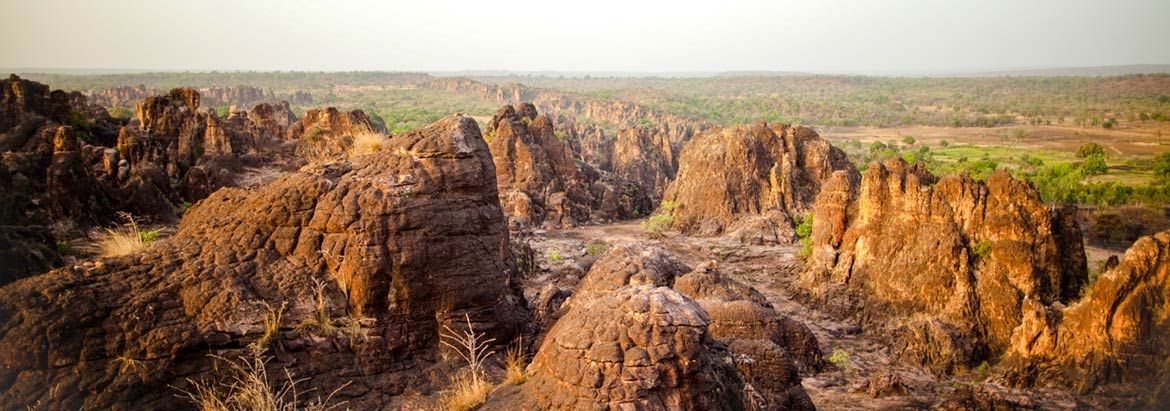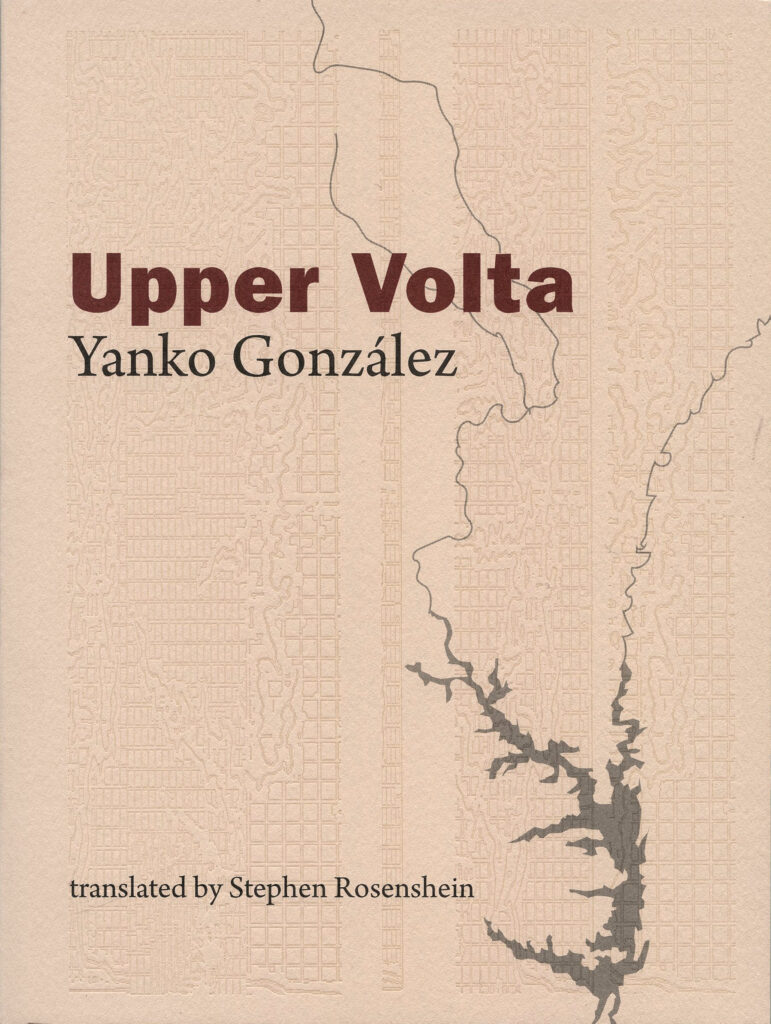

After gaining independence from France in 1960, the country underwent many governmental changes. On 5 August 1960, Upper Volta became an independent republic and continued as such until 1984, when the countrys name was changed from Upper Volta to. The 2009 estimated population is more thanđ3,200,000. Also known as Bourkina or Burkina after 1984, this landlocked nation in West Africa is surrounded by six countries: Mali to the north, Niger to the east, Benin to the southeast, Togo and Ghana to the south, and Côte d'Ivoire to the southwest. Crisis Phase (August 5, 1960-June 21, 1970): Upper Volta formally achieved its independence from France with Maurice Yamogo as the countrys first.
#Upper volta country full
On AugBurkina Faso attained full independence from France. (d) equipment and supplies not readily available in the Republic of the Upper Volta.

Before attaining autonomy, Burkina Faso had been French Upper Volta and part of the French Union. The river is divided into three parts (Black Volta, White Volta and Red Volta), the colors of the national flag corresponded to the parts of the river. Formerly Haute-Volta it was a colony of French West Africa, before becoming the Republic of Upper Volta, it was renamed in 1984 by then President Thomas Sankara. Formerly called the Republic of Upper Volta ( République de Haute-Volta) and established on Decemas a self-governing colony within the French Community, the name Upper Volta indicated that the country contains the upper part of the Volta River. The country was previously known as Upper Volta, and the official national language is French.


 0 kommentar(er)
0 kommentar(er)
